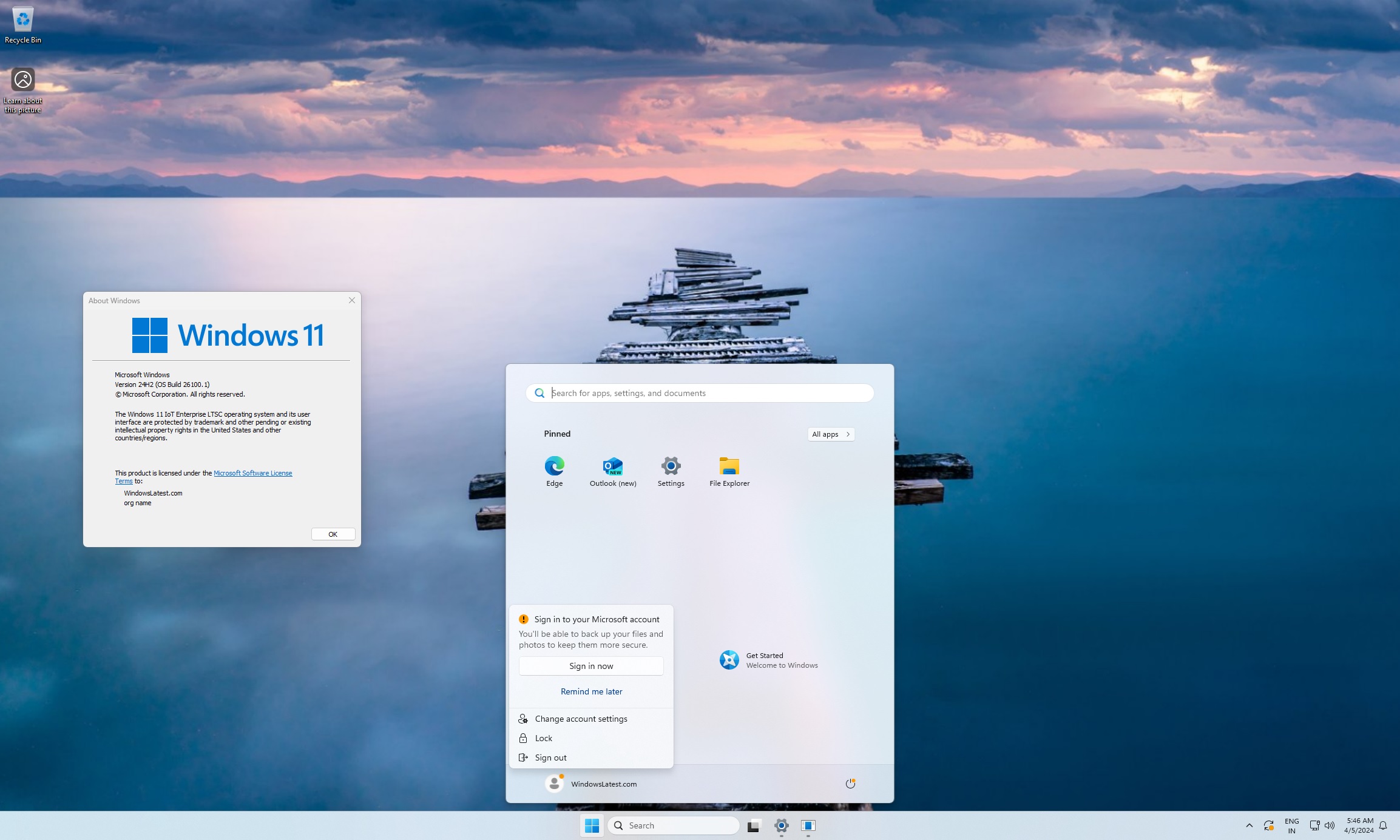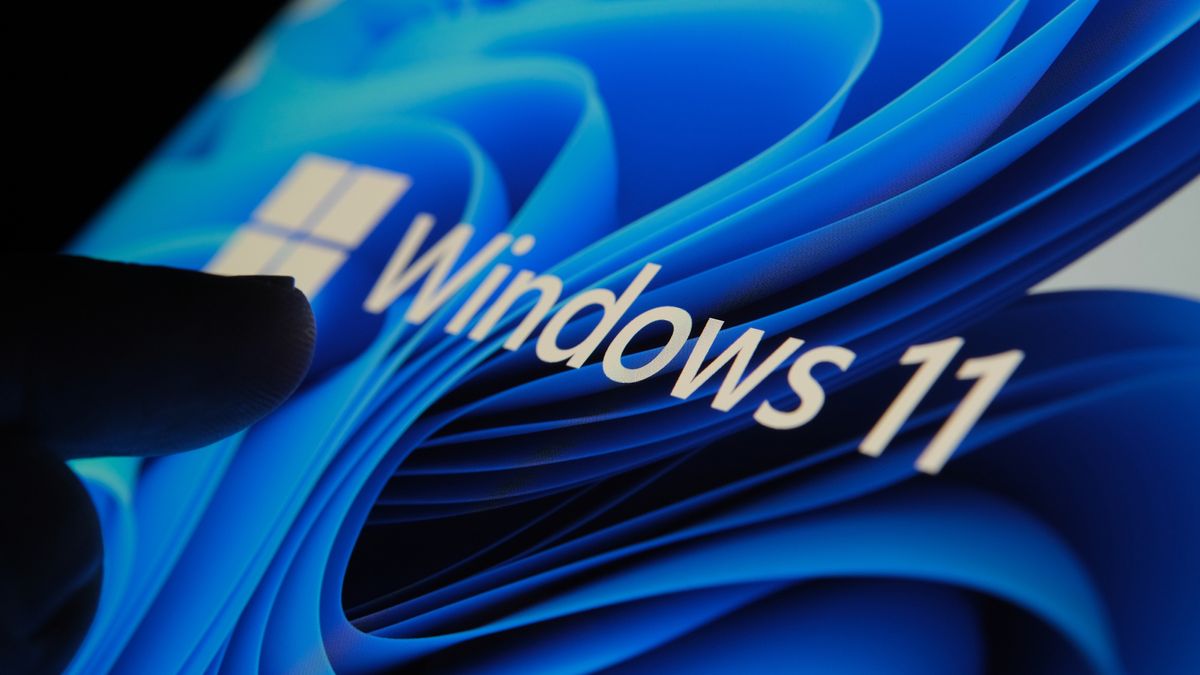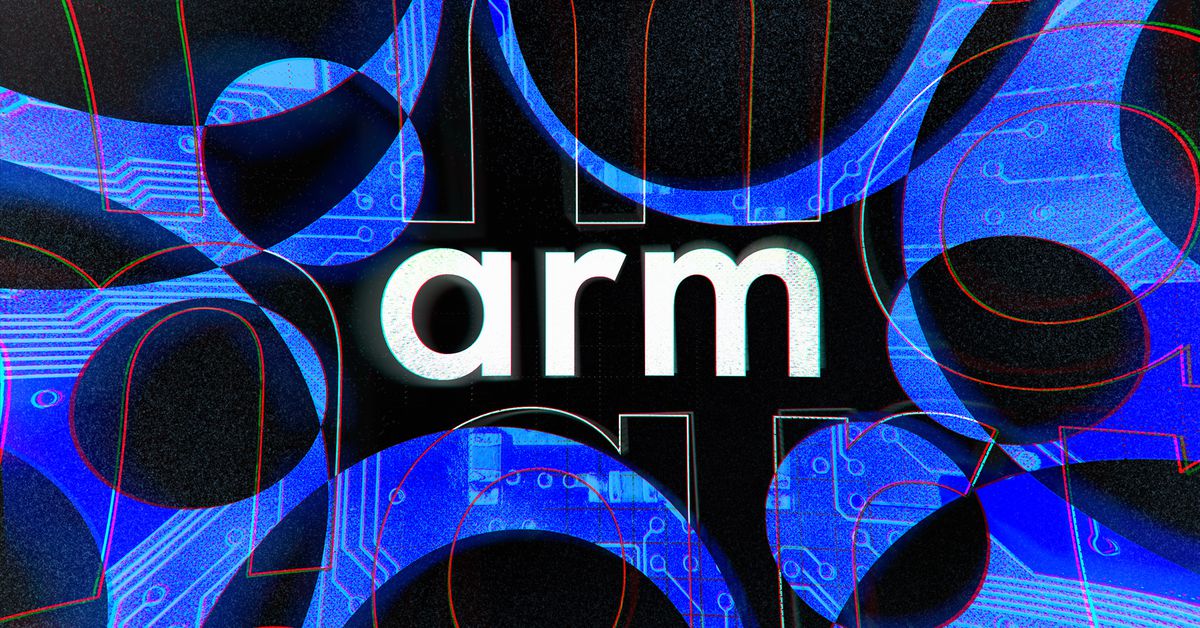Microsoft Lowers Windows 11 24H2 LTSC Requirements for IoT Devices
Microsoft has recently announced that they have adjusted the minimum requirements to run Windows 11 24H2 LTSC on IoT devices. While the preferred minimum requirement for the LTSC edition includes a TPM 2.0 chip, UEFI with Secure Boot, a supported processor, at least 4GB of RAM, and up to 64GB storage, the IoT Enterprise edition now allows for TPM chip and UEFI with Secure Boot to be optional.
This change in requirements aims to support more specialized use cases for IoT devices, which are known for performing single critical tasks without the need for regular updates. The updated support documentation outlines that the preferred requirements for Windows 11 24H2 IoT Enterprise LTSC still include a 1 GHz processor with two cores, at least 4 GB of RAM, and a minimum of 64 GB storage size, along with other specifications such as the need for a Solid-State Drive (SSD) for storage and UEFI system firmware.
Microsoft has introduced a new category of Windows installations that must meet the «optional minimum requirements», making TPM, UEFI, and Secure Boot optional for certain devices. This adjustment allows Windows 11 to be more adaptable across different use cases, catering to the specific needs of IoT devices.
Windows 11 24H2 IoT Enterprise Devices No Longer Require TPM for LTSC Edition
In a noteworthy change, Microsoft has dropped the TPM requirement from the non-LTSC edition of Windows 11 24H2 for IoT Enterprise devices. While previous versions of Windows 11 required TPM 2.0 and UEFI, the 24H2 edition no longer mandates these specifications as a mandatory requirement for the IoT Enterprise edition.
Windows 11 24H2 IoT Enterprise (non-LTSC) now supports BIOS, allowing the OS to boot on systems with a BIOS configuration. This change marks a shift from the previous requirement of UEFI and TPM 2.0, specifically for IoT Enterprise systems, providing more flexibility in device compatibility.
It is important to differentiate between Windows 11 IoT Enterprise and other editions such as Enterprise, Pro, Home, or Education, as the requirements may vary. While Pro, Home, and Enterprise licenses still require TPM, UEFI, and Secure Boot, this is no longer a necessity for Windows 11 IoT Enterprise with version 24H2, showcasing Microsoft’s adaptability to diverse device needs.
New Features and Enhancements in Windows 11 24H2 LTSC
As Microsoft prepares for the official rollout of Windows 11 24H2 in September/October, users can expect a range of new features and enhancements. The latest version will bring full support for archives in File Explorer, Sudo in Windows, Energy Saver settings, HDR background support, and reduced redirects to the Control Panel.
Additionally, Windows 11 24H2 LTSC offers a streamlined setup process with redesigned interface elements, providing a more intuitive and user-friendly experience. The LTSC edition continues to prioritize performance and efficiency by excluding bloatware, modern apps, and Copilot, ensuring a clean and efficient operating system for users.



